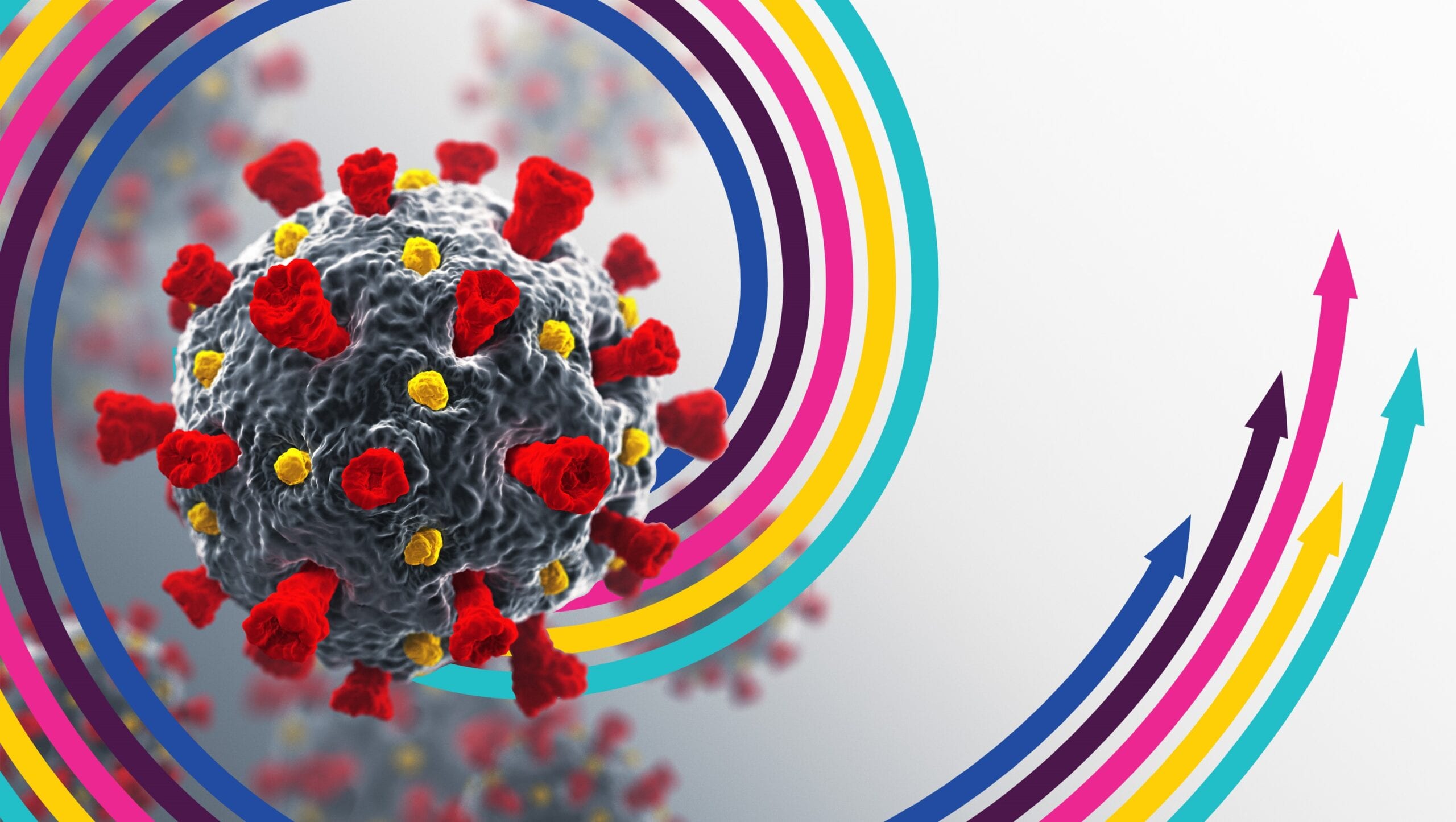This story is part of Your Communities In Action, a continuing series on LGBTQ2 folks coping and caring for each other during the COVID-19 crisis.
An LGBTQ2 youth group in the Pacific Northwest of the U.S. moved rapidly to resume its programs when the COVID-19 pandemic made in-person meetings impossible.
“We all know that LGBTQ youth experience increased isolation and higher risk factors under the best of circumstances,” says Ian Sullivan, the executive director of the Spokane, Washington-based Odyssey Youth Movement. “It’s crucial in these unique times for service providers to continue being a network of support, referral and community building for the young folks in our communities.”
Washington state was an early hotspot for COVID-19 in the U.S., and it was one of the first places to close institutions and recommend social distancing.
“Odyssey worked quickly after the announcement that Washington state schools would be closing to shift our programs and supports to an online, not-in-person model,” says Sullivan in an email. “Hours have been reduced, but within just a few days, Odyssey was able to relaunch all four days of drop-in programming along with separate support groups and youth leadership sessions. We were able to mirror as much normalcy as possible with familiar patterns and faces as we’re meeting via webcam and phone options.”
Sullivan says Odyssey has been operating in the Spokane area for more than 25 years, normally offering three nights of drop-in services for youth aged 13 to 18 and one night for those aged 18 to 24.
But Sullivan feels the online model is a far from perfect replacement for the in-person sessions. “The largest issue that can not be bridged by online support is the lack of confidentiality when stuck at home with a household or family unit that may be less than supportive,” he says. “Technology gaps, especially for young folks, are also becoming abundantly clear. If youth can not access the internet, they can not access necessary resources throughout the year.”
Sullivan says that once the pandemic is over, Odyssey will try to fix some of the holes in LGBTQ2 programming that the crisis has revealed.
“Our current situation is forcing us all to rethink what the best models are for reaching young folks,” he says. “While transportation is often a barrier, especially in our more rural communities, online is not a perfect solution as there is not equitable access. We need to responsibly apply efforts in all areas to continue enhancing this net for support for LGBTQ youth.”


 Why you can trust Xtra
Why you can trust Xtra


